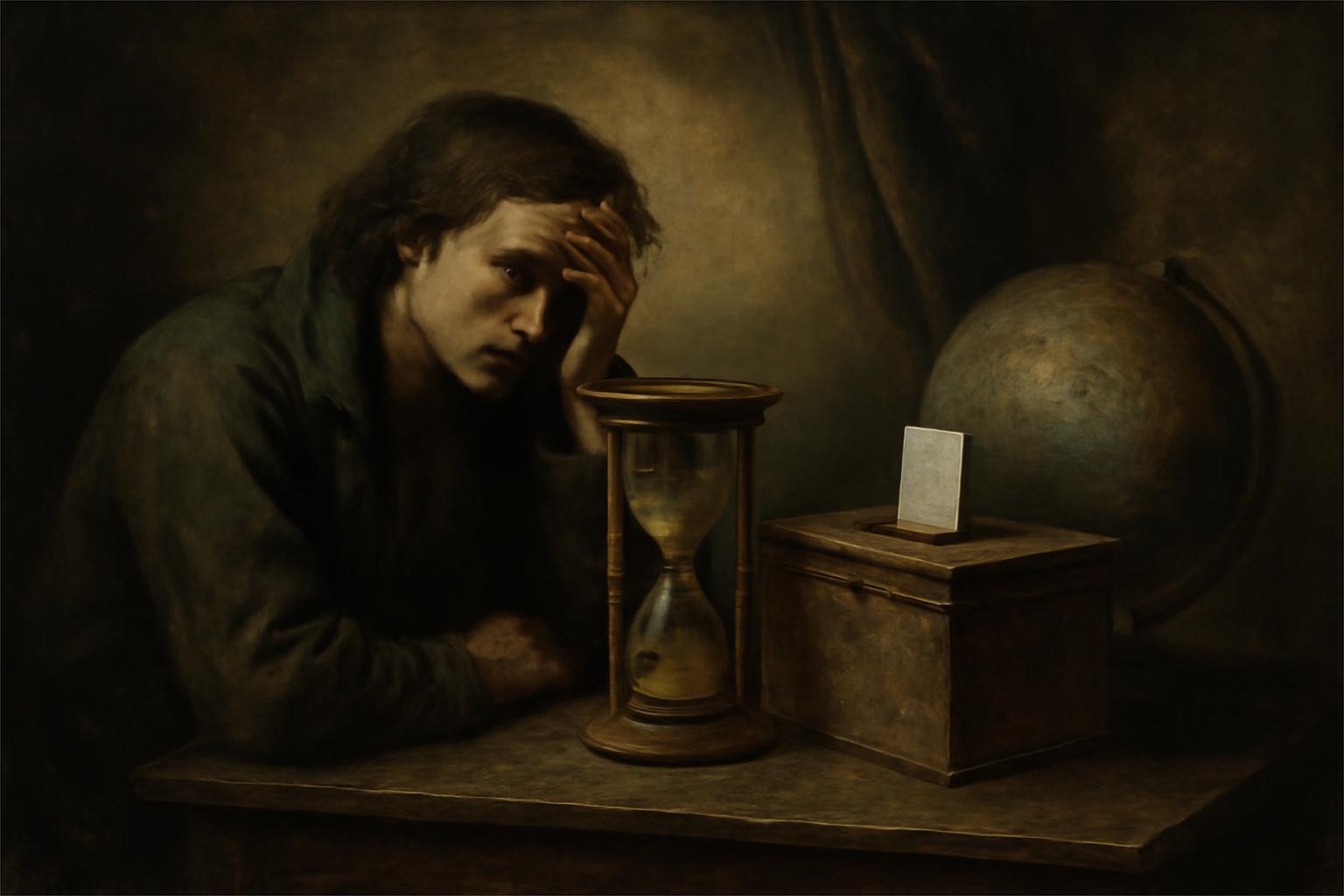The old clock tolls once more over the theatre of nations, and the stage—the world’s fragile peace—receives its groan as if from a tomb. Three banners ascend in a weary ritual—the German, the French, the British—each bearing the memory of a bargain struck in 2015, when relief from long shackles was traded for Tehran’s restraint. The clock hands creep toward a deadline, thirty days to decide whether the United Nations’ long quiet will awaken again; a single veto could cast a veil across the plea for reimposition, and the very act of waking the dead sanctions would hang, uncertain, over the heads of the world as a falcon poised to strike. If the snapback takes hold, the old restraints rise from their sarcophagus—an arms embargo returned to grim relevance, uranium-enrichment limits re-armed, ballistic-missile prohibitions renewed—so that the past, in a grim reprise, could again dictate the present.
The United States speaks in the idiom of a wary, half-hopeful peace, a welcome to the instrument of restoration, while its secretary of state speaks of direct talks toward a “peaceful, durable resolution.” And yet the chorus of irony rings clear: the very instrument designed to secure a stable horizon casts its shadow forward, a reminder that power, in the modern temple, is a clock whose hands move with a merciless insistence. The circle tightens; the drama proceeds with a gravity that would make even a Greek tragedian confess the vanity of mortal enterprise.
Iran, for its part, hurls back a lament of baselessness and unlawfulness, warning that the move will undercut cooperation with the IAEA, that trust once shared is endangered by the edicts of states grown hungry for certainty. Abbas Araghtschi, its foreign minister, pleads for Europe to rectify course and adopt a responsible, realistic approach, lest Tehran be forced to respond in ways that are not easily foreseen. The response is not a rebuttal but a revolt against a system that promises order yet measures itself by the sword of consequence.
And so we stand, observers and tired hearers of history, amid the ruins where the great promises of the Western order once flourished. Nietzsche whispers through the wind: the eternal return of our crises, the will to power that devours its own foundations, the sense that meaning itself is a bargaining chip in a chamber where trust withers. Like the chorus of a ruined tragedy, we watch a civilization slide toward a dusk where the old certainties crumble into rituals of sanction and counter-sanction, and we are reminded that in the theatre of the modern world, the most solemn acts are those that prove—once again—that the dawn may never truly arrive, only another act of the same interminable, lamentable play.
